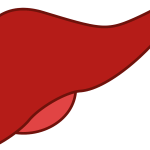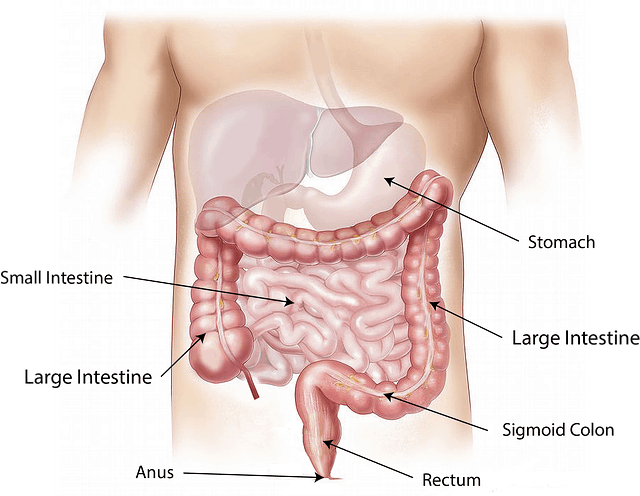PROSTATE cancer is the cancer that occurs in the prostate – a small walnut-shaped gland in men that produces the seminal fluid that nourishes and transport sperm. Prostate cancer is one of the most common types of cancer in men. Usually prostate cancer grows slowly and is initially confined to the prostate gland, where it may not cause serious harm. However, while some types of prostate cancer grow slowly and may need minimal or even no treatment, other types are aggressive and can spread quickly.
It is not clear what causes prostate cancer. Doctors know that prostate cancer begins when some cells in your prostate becomes abnormal. The abnormal cells continue living, while other cells would die. The accumulating abnormal cells from a tumor can grow to invade nearby tissues. Some abnormal cells can also break off and spread [metastasise] to other parts of the body.
There are several factors that increase the risk of prostate cancer such as age as you grow older especially in men who are older than 50 years. Black men have greater risk and tend to have an aggressive type of prostate cancer. If men in your family have had prostate cancer, your risk may be increased. Obese men diagnosed with prostate cancer may be more likely to have advanced disease that’s more difficult to treat. In the early stages, patients might not have signs and symptoms. In the advance stages, the symptoms might present with trouble urinating, decreased force in the stream of urine, blood in semen, discomfort in the pelvic area, bone pain and erectile dysfunction.
Individual with prostate cancer can develop complications such as urinary incontinence, erectile dysfunction and or complications related to the spread to other parts of the body such as the bladder. You can reduce the risk of prostate cancer if you choose a healthy diet over supplements. Exercise most days of the week, maintain a healthy weight and talk to your doctor about increased risk of prostate cancer and yearly check-ups. Prostate screening test might include a digital rectal exam (DRE). This is done by your doctor who inserts a gloved, lubricated finger into your rectum to examine your prostate. Prostate-specific antigen (PSA) test can also be done by your doctors by drawing blood samples that are sent to the laboratory for analysis. If PSA is high in your blood it might be an indicator of prostate infection, inflammation, enlargement or cancer. Ultrasound can also be used to ascertain the presence of a prostate enlargement. Finally, the doctor can do a prostate biopsy and send the tissue to the laboratory for further evaluation to ascertain the presence of malignant cells (cancer cells).
Make an appointment with your doctor if you have any signs or symptoms that worry you. In an event, men that are diagnosed with a low-risk prostate cancer, treatment may not be necessary right away. Some men may never need treatment. Instead, doctors sometimes recommend active surveillance. In active surveillance regular follow-up blood test, rectal exams and possibly biopsies may be performed to monitor progression of your cancer. If test show your cancer is progressing, you may opt for a prostate cancer treatment such as surgery or radiation.
Active surveillance may be an option for cancer that isn’t causing symptoms and is expected to grow very slowly and is confined to a small area of the prostate. Active surveillance may also be considered for someone who has another serious health condition or who is of advanced age that makes cancer treatment more difficult. Active surveillance carries a risk that the cancer may grow and spread between check-ups, making the cancer less likely to be cured.
Dr. Makemba Shayela Nelson – MBChB – University of Kwazulu-Natal, Durban, South Africa. Nesha Medical Practice.










